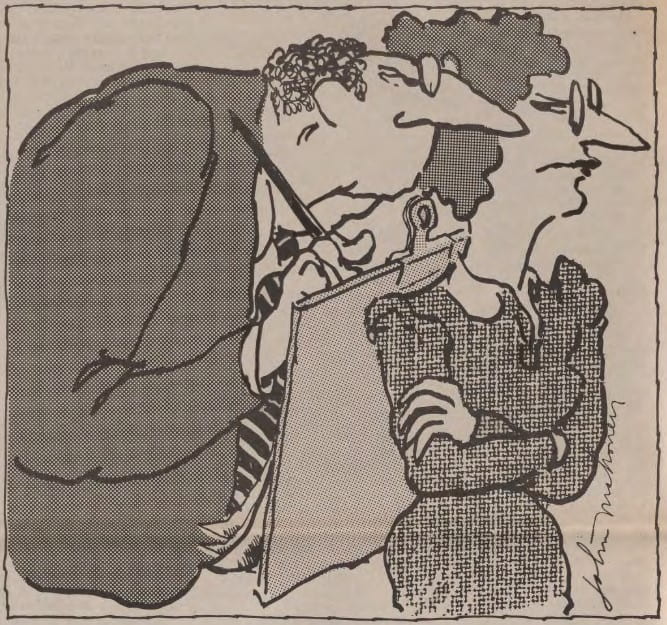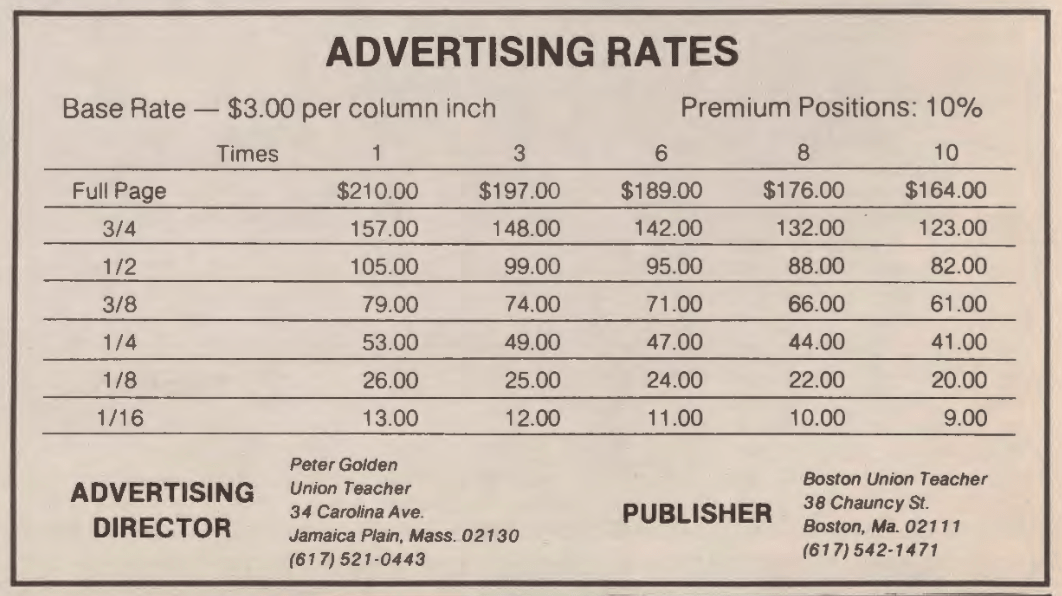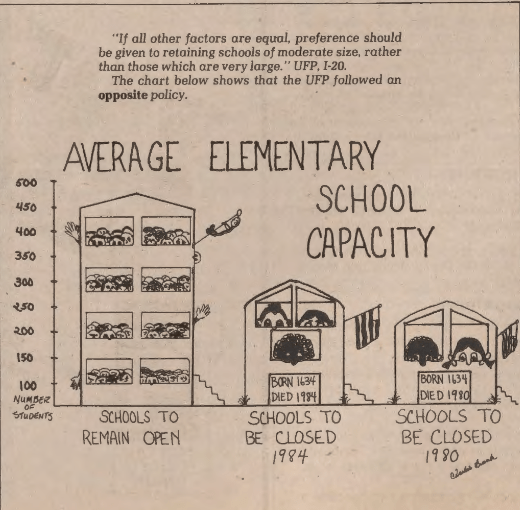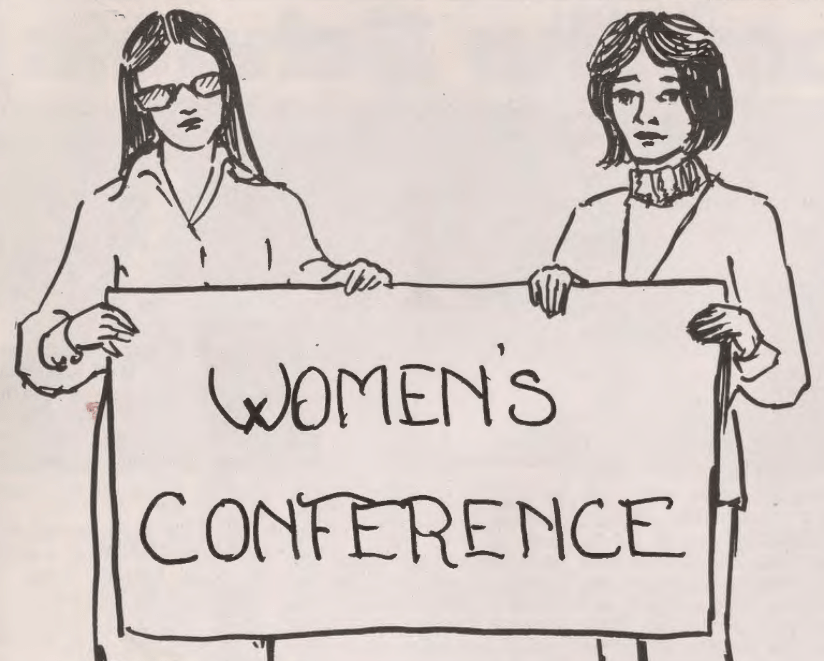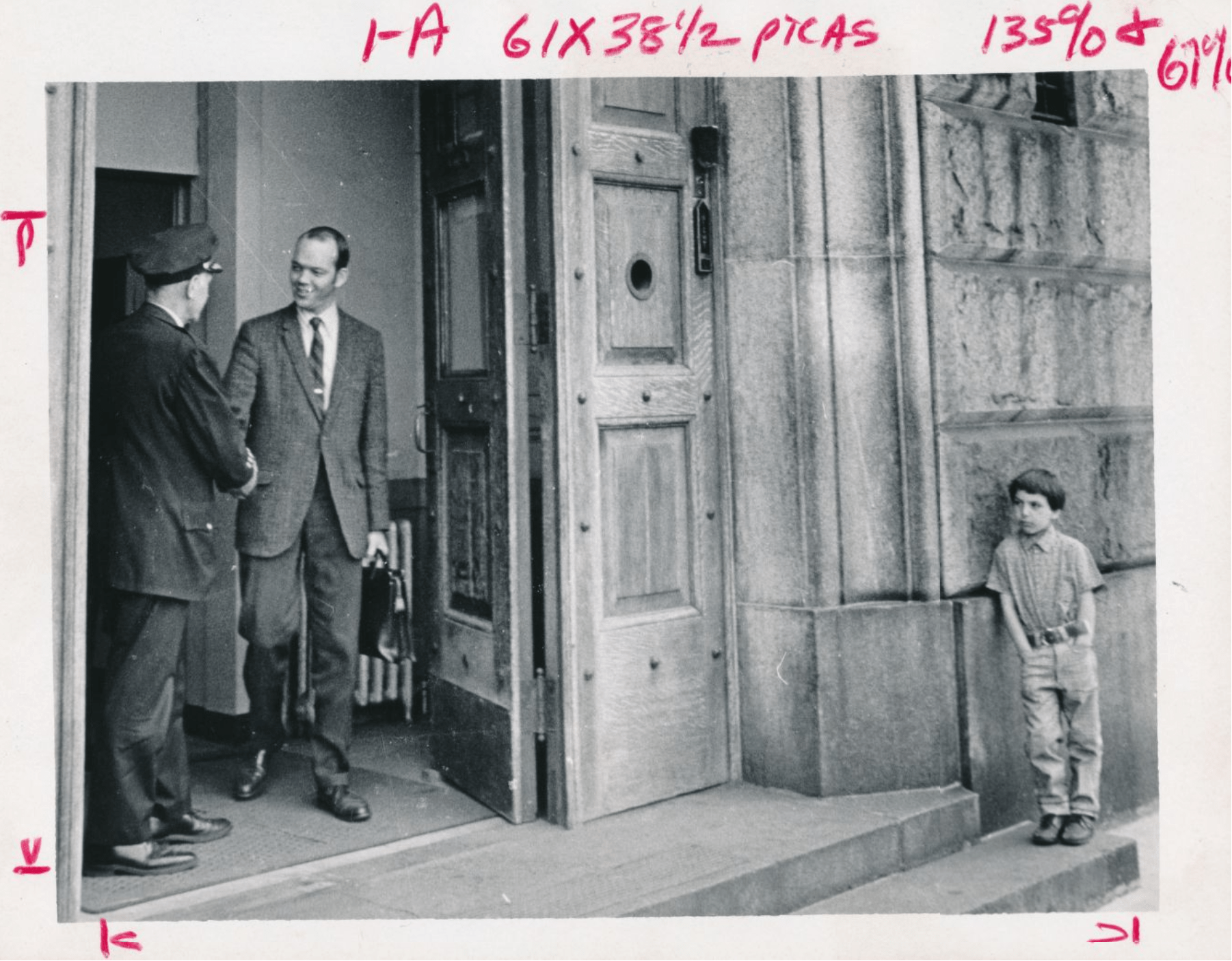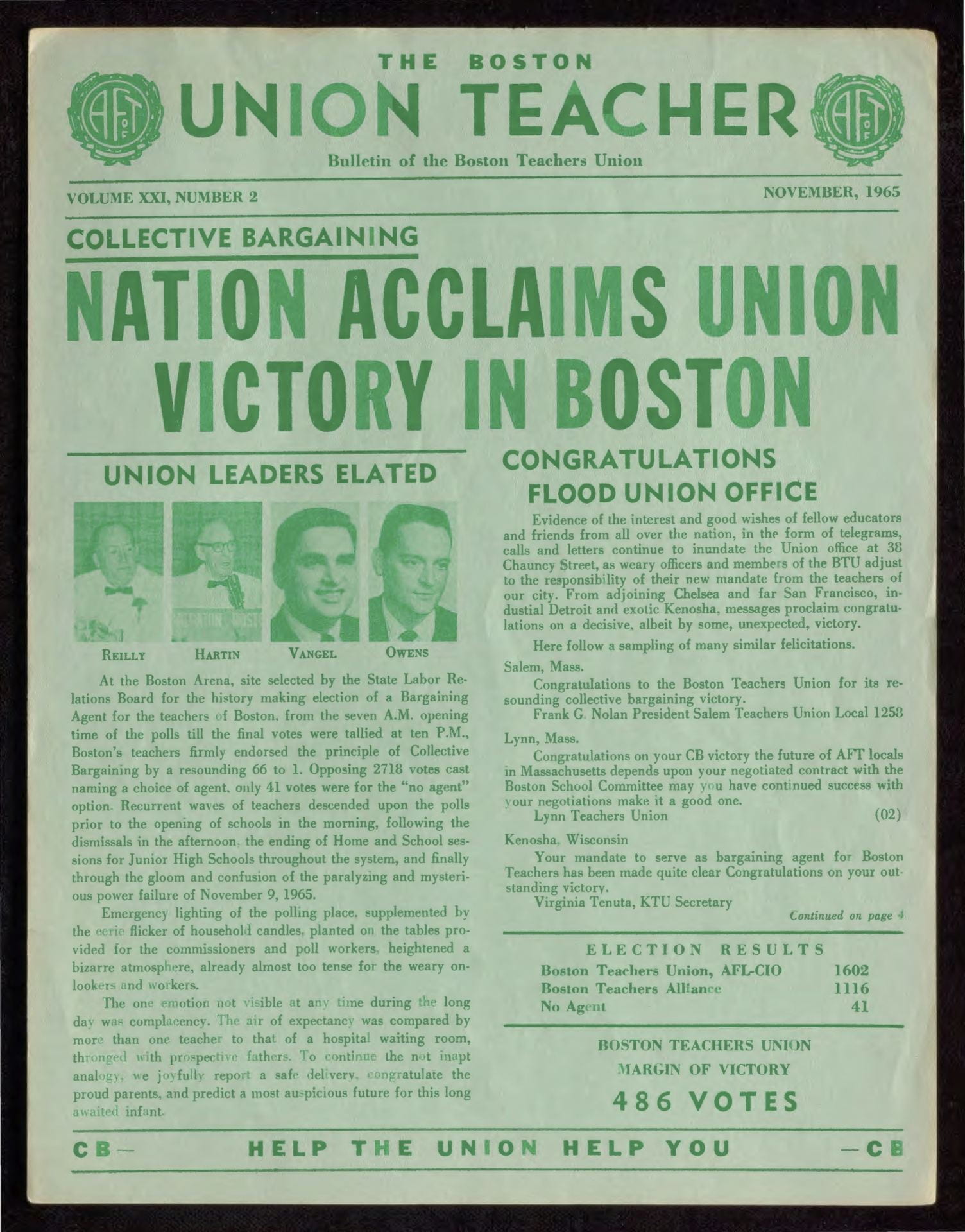When it comes to school evaluations, student grades by teachers probably come to mind. However, the winter of 1985 saw the teachers of the Boston Teachers Union (BTU) confront a very different kind of assessment: the Boston Public School (BPS) administration and its evaluation of its teaching staff. The cartoon below, published in the January 1985 issue of the Boston Union Teacher, captured the problem: busybody administrators and superintendents looking for reasons to fail teachers and keeping them from educating children. What was going on that school year and how did teacher evaluations play a role?
